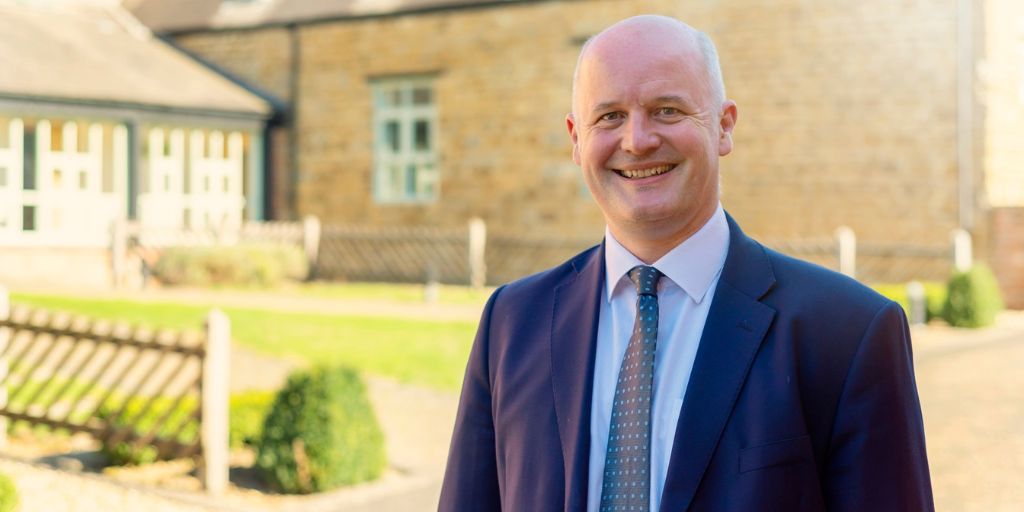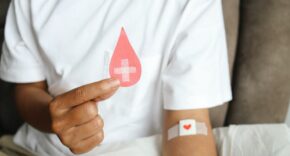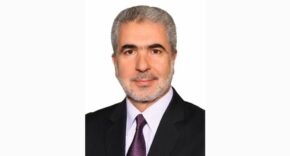
Following the announcement yesterday, health tech leader Andrew Whiteley calls for more support for innovation, in order to deliver the productivity and efficiency ambitions of the Autumn Budget.
Andrew comments: “If this Government is serious about moving the NHS from analogue to digital, the tax system — including R&D tax credits — should be the mechanism for enabling and incentivising the health tech sector to invest in transformative solutions, especially with artificial intelligence at our fingertips.
“Those with ambitions to alleviate pressures across primary, secondary, and tertiary care cannot achieve this on goodwill alone. R&D tax credits have been instrumental in driving innovation, especially for smaller firms without substantial investors. However, the recent reduction in relief rates for SMEs, introduced in then-Chancellor Jeremy Hunt’s Autumn Statement of 2022, coupled with necessary anti-abuse measures to prevent misuse by the few, risks discouraging investment in R&D and stifling innovation across the entire health tech sector.
“To truly realise the potential of digital healthcare, we need a system that not only maintains these tax reliefs [as in Rachel Reeves’ Autumn Budget] but enhances them to support start-ups and established firms alike. By ensuring these incentives remain accessible and meaningful, the government can help put patient care and technological progress at the centre of the health tech agenda, empowering the UK sector to meet the challenges of modern healthcare.”
CEO of Lexacom, Andrew Whiteley, developed his company because he was frustrated with slow NHS innovation. He has witnessed eight prime ministers and countless budgets, and this time he’s hoping for more than just empty promises to health tech organisations like his.
With 60% of GPs in England using Lexacom’s technology, Andrew is a sector expert. His company saves the NHS 3.5 million hours every year, allowing clinicians to focus more on patient care whilst reducing administrative layers imposed by successive government.











